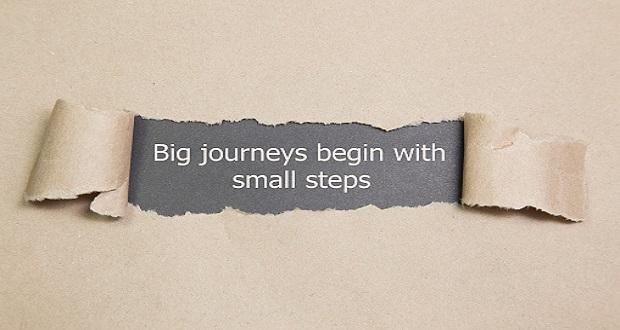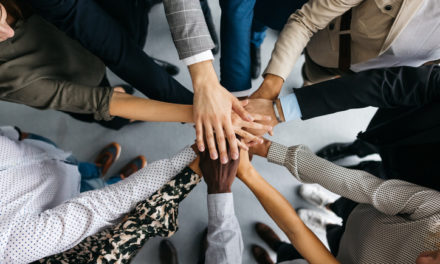
This week we continue our team’s Rememberings and Recommitments for 2022 with reflections from Thamara Subramanian and Leigh Morrison.
Thamara Subramanian
Stop conflating proactiveness with overachievement. I’ve always been told being proactive in my personal and professional life is important for achieving goals, yet oftentimes I forget that proactive doesn’t mean doing the most, always saying yes, and signing up for everything that comes my way. Instead, I want to be intentional about preserving my time for opportunities that enable me to energize and empower people through my presence, instead of signing up for something just because it “sounds cool” or feel like I “should” be part of it.
I want to be intentional about preserving my time for opportunities that enable me to energize and empower people through my presence, instead of signing up for something just because I feel like I 'should.' Share on XPrioritize being in community as not just a DEIJ leader, but a community member. Oftentimes as DEIJ leaders, we forget that being a learner, observer, or participant in our own community is just as important, if not more so, as partnering or leading a community initiative. I want to take the time this year to not only be a change agent for my community but also to gain and grow from the abundance of knowledge, wisdom, and experience that surrounds me daily
Do something for fun that’s not “on brand.” I love trying new things and exploring the world, but I often stick to things that I am comfortable with, things aligned with my values, or things I feel like I am good at. This year, I’d like to try something new and not “on brand” for Thamara – whether it be an activity, hobby, or adventure. Stay tuned!
Leigh Morrison
In 2022, I want to unlearn defeatism. I have been reflecting on a myriad of ways that despair and defeatism have in recent years crept into my assumptions about what is possible. Recently, I have developed a practice of recognizing that defeatism is yet another manifestation of white supremacy and other intersectional systems of oppression doing what they do best — subtly maintaining themselves by convincing us in ways large and small that there is no alternative.
Defeatism is yet another manifestation of intersectional systems of oppression doing what they do best — subtly maintaining themselves by convincing us in ways large and small that there is no alternative. Share on XTo be certain, there are many reasons to feel overwhelmed, angry, and profoundly sad in the midst of current misinformation campaigns, resistance, and extreme polarization. There are also so many brilliant people and coalitions occupying different roles in a broader social change ecosystem, committed to push through these obstacles with love, truth, care, and accountability.
Maintenance of harmful systems depends on complacency and burnout, which is why I am (re)committing to my mental well-being and an optimism about what the world can become. I have been introduced to this specific, much-needed optimism (and its distinction from toxic positivity) through the work of Black women like Kimberlé Crenshaw, Rachel Cargle, Stacey Abrams, Adrienne Maree Brown, and Tricia Hersey. For me, this exemplifies the power of the “Lived Experience” quotient that Jessica Bantom wrote about, and what all of us stand to gain by prioritizing representation and centering the needs of those most impacted by harmful systems as we look to the future.



















